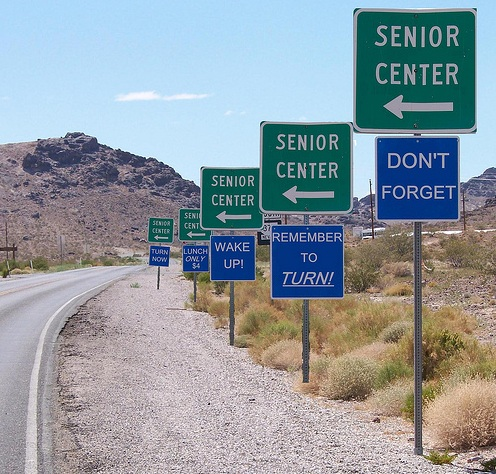“So I wrote a novel, now what?”
Introduction
I was asked this recently online and felt the need to help out. Like most successful creative ventures, there is a lot of sausage making. Producing a novel is no exception. The reality is that this question should have been asked BEFORE starting the novel. That said, there is always sausage making and it is better to have that during the process than at the end and have a flop.
Assuming you know what is driving you to write the novel (aka the WHY) there are four how questions that need to be answered at some point in the novel process:
How to produce the novel
How to “use” the finished product
How the novel fits into a bigger plan
How to “execute” the first novel from production to sale
1. How to Produce the Novel
Given you are asking “I wrote a novel, now what?” Hopefully you have this covered. This is a great accomplishment in itself. But only one of three. The other two are:
Finding distribution and sales channels
Marketing, marketing, and marketing
These two will be discussed in the last point of this article
2. How to “Use” the Finished Product
Most authors do not make any profit, much less can live off it from their books. So the question of “why bother” comes to mind. But there are many uses for novels. In my case novels and books are good for “branding.” I’ve gone into meetings head-to-head against experts in their fields who were armed with PhD’s, special certifications, etc. It is amazing how you can deflate all their accolades by sliding a book across the conference table that you purchased from Barnes and Noble down the street. Without saying a word the client knows – “wow, he wrote the book on this.” Sure the expert might blurt something like – “It’s just a novel, not a degree.” But the simple come back is “So do you need an academic or someone who is experienced and actually lived and breathed the industry for a time. If you want to teach someone, you show them. That is why the lessons here are in a novel, not some text book.” Then there is the fact that for some strange reason people question blogs but they still do not question books. It is an inside track into the client’s psyche (and yes it is another real-life Jedi Mind trick ( http://linkd.in/PVNCzZ ) – albeit the preparation is a bit excessive.)
3. How the Novel Fits into a “bigger” plan.
In short, invest not in a single book but in YOURSELF. Most authors get hung up on the book they wrote and don’t start the next project until the first one sells. The reality is that the first book almost never sells until you write the second. However, this is hard on the ego until you realize it is more important to believe in yourself than any single book you wrote. The “come-to-Jesus” moment for me was when I was talking to a well known, NY Bestseller novelist during a writing group.
I told him about all the details and plotting of my novel how it modeled the mythic structure and roles in the hero’s journey.
He shrugged. “What’s the hero’s journey?”
I was stunned. “What do you do?”
“I write a novel every 6 months and they sell.”
That is when I learned the best way to sell more books is to write more books.
4. How to “execute” the first novel from production to sale
The most important piece is to have a plan and realize it may shift as this is your first time out. The three big stakes are:
1) Finalize your book – this never ends but you need to pull the hook at some point. Getting outside evaluations FIRST are a great idea – that is some reconnaissance is needed so you don’t “biff” (to use the technical term) from the gate.
2) Find an outlet. This is most likely either:
A) Agent->Big publisher,
B) Small publisher.
C) Self publish.
With the state of the industry B) is probably best – but you’ll need to do research. Though A) has a bigger reach, they will pay $0 for #3 (see below) and you can get the outlets you need either through LightningSource or CreateSpace. B) I found easier than C) since as you will see in #3, writing a book is not at all related to selling it – you need a team if you can get it.
3) Market, market, market. This is the HARDEST part for most writers. It is actually a Yin/Yang thing. As a writer you will find your energy is male-like. That is you are thrusting your creativity from within out into the world. However, when it comes to marketing and sales the energy required is feminine. You cannot force the world to buy your book like you can force the words to appear on a page of paper. You need to entice the world that it is in their best interest to buy your book. So you have to switch gears, get confident and pronounce in effective ways about your book. What makes it extra hard is there is something like 1,500 new titles on the market every day. So it is all about discrimination, finding new unsaturated niches, etc.
Hopefully this is of some help for those at this stage and realizing they are only one third of the way through this epic journey. The challenge now is to shift and see the bigger picture and realize the book is more about you and your destiny and less about itself. Just as you believe in your book, it is time you expand that belief to include yourself.






Leave a Reply